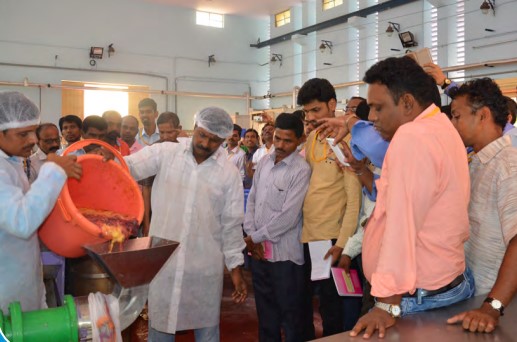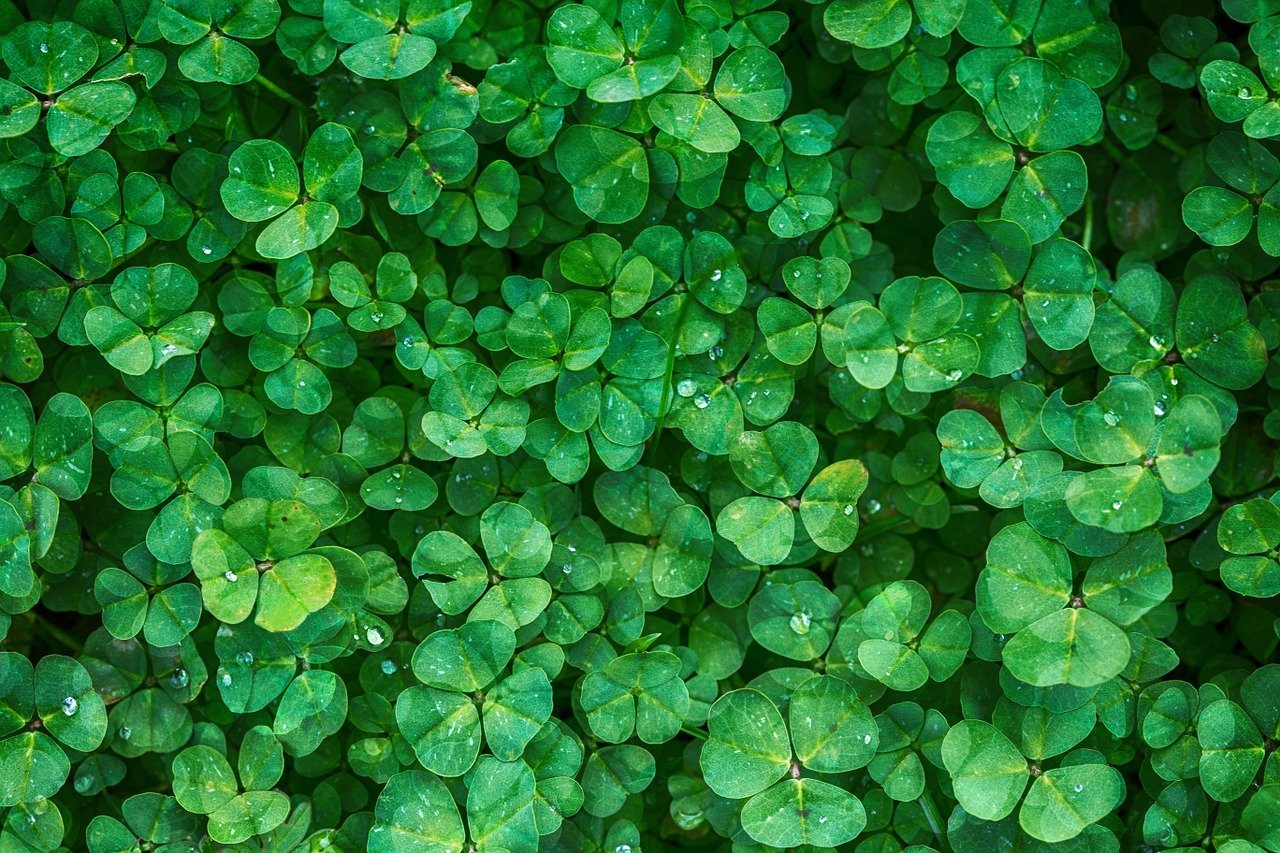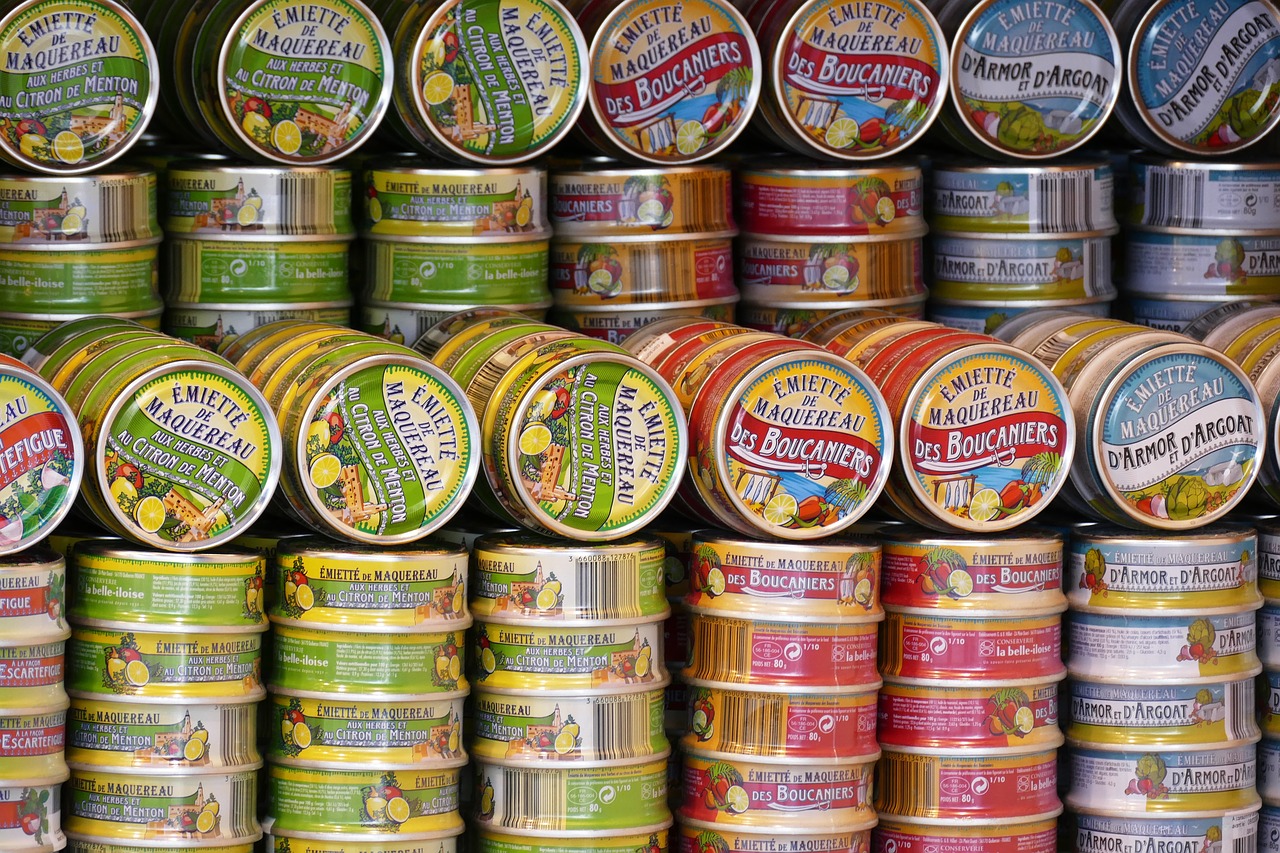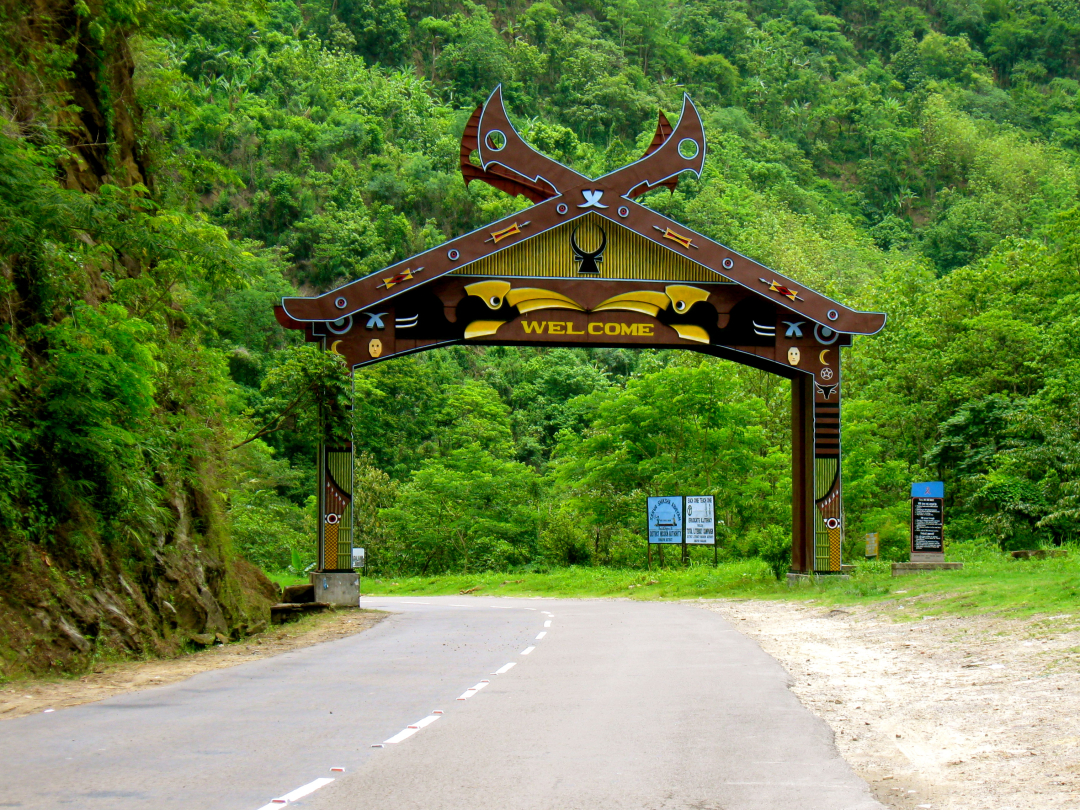

Efforts to make use of mangrove plants to meet the increasing need for food production in the wake of a growing world population could get a major boost with a team of Indian researchers reporting a reference-grade genome of a highly salt-tolerant mangrove species called Avicennia marina. It grows optimally in 75% seawater and can tolerate even 250% seawater.

A team of researchers at Banaras Hindu University has found a solution to this problem. It has developed a nano-formulation that promises to result in more effective plant-based food preservatives.

It will now be easier for diabetics, heart patients and those who are on diet to figure out how much calories they are consuming while eating Indian food.


Rising temperature, erratic rainfall, and occurrence of moderate drought are beginning to impact food production in Nagaland. In order to meet the challenge of climate change, the state is now turning to its forgotten resource
Internet is huge! Help us find great content
Never miss a thing! Sign up for our newsletter to stay updated.
Research Stash is a curated collection of tools and News for S.T.E.M researchers
Have any questions or want to partner with us? Reach us at hello@researchstash.com